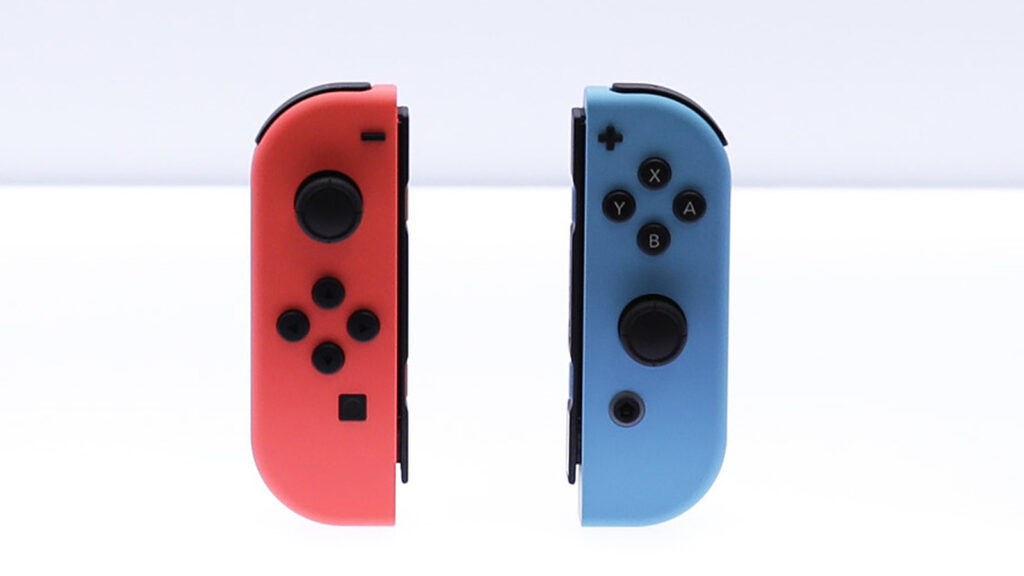
Mechanical keyboards have gained significant popularity in recent years, favored by typists, gamers, and tech enthusiasts alike. Their rise to prominence is no accident; these keyboards offer a tactile experience that is unparalleled by their membrane counterparts. In this comprehensive guide, we delve into what makes mechanical keyboards stand out, exploring their history, benefits, types, and key features.
History of Mechanical Keyboards
Mechanical keyboards are not a new invention. They date back to the early days of computer technology when typewriters evolved into more sophisticated typing devices. The first mechanical keyboards were designed to emulate the feel of typewriters, offering a satisfying tactile response. With the advent of personal computing in the 1980s, mechanical keyboards became the standard. However, as manufacturing costs needed to be reduced, membrane keyboards, which are cheaper to produce, began to dominate the market. Despite this shift, mechanical keyboards never disappeared and have made a strong comeback in the last decade, driven by a demand for durability and typing efficiency.
Benefits of Mechanical Keyboards
- Durability: Mechanical keyboards are renowned for their longevity. The switches are built to withstand tens of millions of keystrokes, far exceeding the lifespan of membrane keyboards.
- Typing Experience: The tactile feedback provided by mechanical switches enhances typing speed and accuracy. Each keypress is distinct, which reduces the likelihood of errors.
- Customization: Mechanical keyboards offer a high degree of customization. Users can choose from various switches, keycaps, and layouts to tailor the keyboard to their preferences.
- N-Key Rollover: This feature allows multiple keys to be pressed simultaneously without ghosting, a significant advantage for gamers who need precise and rapid key inputs.
- Aesthetics and Build Quality: Mechanical keyboards often come with robust construction and appealing designs, including backlighting and programmable RGB LEDs.
Types of Mechanical Switches
The heart of a mechanical keyboard is its switches. Here are the most common types:
- Cherry MX Switches: The most well-known brand, Cherry MX switches, come in several variants:
- Cherry MX Red: Known for their smooth, linear actuation, ideal for gaming.
- Cherry MX Brown: Offer a tactile bump without the audible click, suitable for both typing and gaming.
- Cherry MX Blue: Provide a tactile bump and an audible click, preferred by typists for the feedback.
- Razer Switches: Designed for gamers, these switches come in several types, including Green (clicky), Orange (tactile), and Yellow (linear).
- Kailh Switches: Often used as an alternative to Cherry MX, Kailh switches include the Red (linear), Brown (tactile), and Blue (clicky) variants.
- Topre Switches: A hybrid between mechanical and membrane, Topre switches offer a unique typing feel with a soft, tactile bump.
Key Features of Mechanical Keyboards
- Switches: The type of switch used is the defining feature of a mechanical keyboard. Different switches cater to different preferences, whether for gaming, typing, or a combination of both.
- Keycaps: Keycaps can be made from various materials, including ABS and PBT plastics. PBT keycaps are more durable and have a better feel, while ABS keycaps are more common and affordable.
- Backlighting: Many mechanical keyboards feature LED backlighting, which can be single-color or RGB. RGB backlighting allows for customizable lighting effects and can be programmed for individual keys.
- Layout: Mechanical keyboards come in different layouts, including full-size, tenkeyless (TKL), and compact (60%). The choice of layout depends on the user’s needs for portability and desk space.
- Programmability: Advanced mechanical keyboards offer programmable keys, allowing users to set macros and customize key functions.
Why Choose a Mechanical Keyboard?
- Performance: Mechanical keyboards provide a superior typing and gaming experience with faster response times and more precise keypresses.
- Longevity: The durability of mechanical switches ensures that the keyboard will last for many years, making it a worthwhile investment.
- Customization: The ability to customize switches, keycaps, and backlighting makes mechanical keyboards highly versatile and personalized.
- Aesthetic Appeal: With a wide range of designs and lighting options, mechanical keyboards can complement any setup, whether for a gaming rig or a professional workspace.
Conclusion
Mechanical keyboards have become the preferred choice for many due to their durability, typing experience, and customization options. Whether you are a gamer seeking faster response times, a typist desiring a satisfying tactile feedback, or simply someone who appreciates the aesthetic and build quality of a well-made keyboard, mechanical keyboards offer something for everyone.

